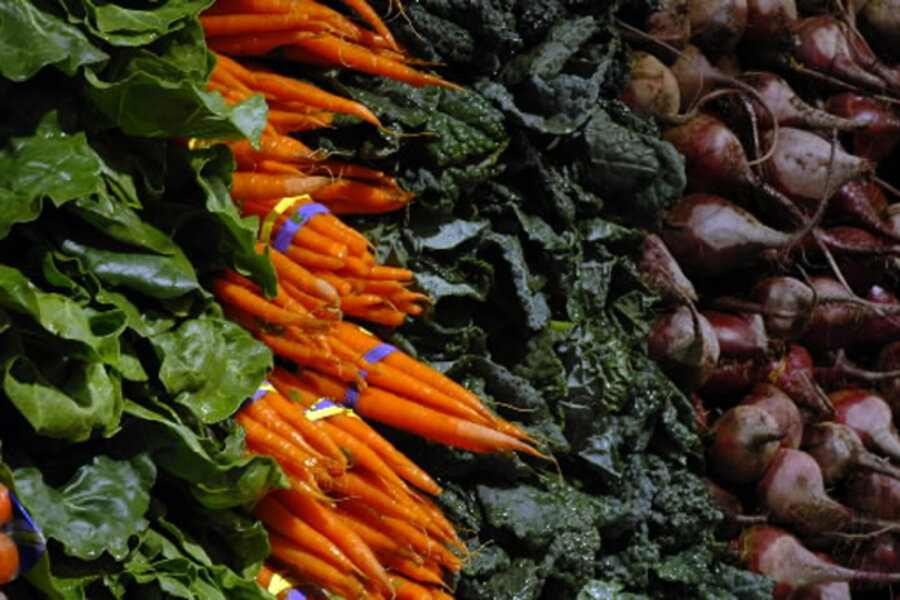Organic vs. non-organic foods: Why I'm still going to buy organic
Loading...
A study just released by Stanford University scientists has found that organic foods – produce, meat and dairy – are no more nutritious than non-organic or conventional foods. The study also reports that they are no less likely to be contaminated. They’re probably right. They examined more than 40 years worth of research on the topic; the study used no outside funding to avoid any “perception of bias”; and, well, they’re scientists.
The problem with their research, as I see it, is that they asked the wrong question. No one has really seriously claimed that organic foods are more nutritious. And earlier studies on this very subject have already stated what the Stanford researchers were “surprised” to discover. To me, they missed the point. Their central question was kind of like asking if LED light bulbs are any quieter than conventional ones, or if fuel-efficient vehicles are any shinier than gas guzzlers.
Because while organic foods may not be more nutritional than conventional foods, they are definitely healthier. First, there are the pesticides applied to conventional produce. The study recognized this, but said that pesticide levels were all within safety guidelines set by the Environmental Protection Agency. However, an impressive number of studies question whether the EPA’s levels are strict enough.
Organic foods are healthier for the people who grow them, too. Exposure to pesticides is a constant threat to the well-being of farm workers. Animals raised organically for food also generally lead healthier, happier lives. And finally, there’s the planet itself. Chemical run-off, waste production, and depletion of the soil from the monoculture approach of industrial farming all place a huge burden on the environment.
Here’s why this matters so much. In an age in which more and more of our information comes from sound bites, easy-to-digest nuggets like “organic foods are no more nutritious than conventional foods” have more weight than they deserve. I first saw this story in the elevator at my office this week, telling me nothing more than the above with “Stanford scientists report…” attached to it. Armed with one authoritative-sounding little slice of a bigger story, it’s easy to pass up the usually more expensive organic option at the grocery store, figuring it makes no difference. It’s also easy to skip the farmers market, to fail to support legislation aimed at helping local farmers or protecting farm workers.
Even The New York Times story on the study, a reasonably balanced piece that also quoted a senior analyst with the Environmental Working Group, did so under the overreaching headline “Stanford Scientists Cast Doubt on Advantages of Organic Meat and Produce.”
All this said, in our household we don’t buy strictly local or organic either. Our decisions are driven by convenience and cost just like everyone else’s. But we’re buying more organic these days, from local sources when possible. It all starts with asking the right questions.








